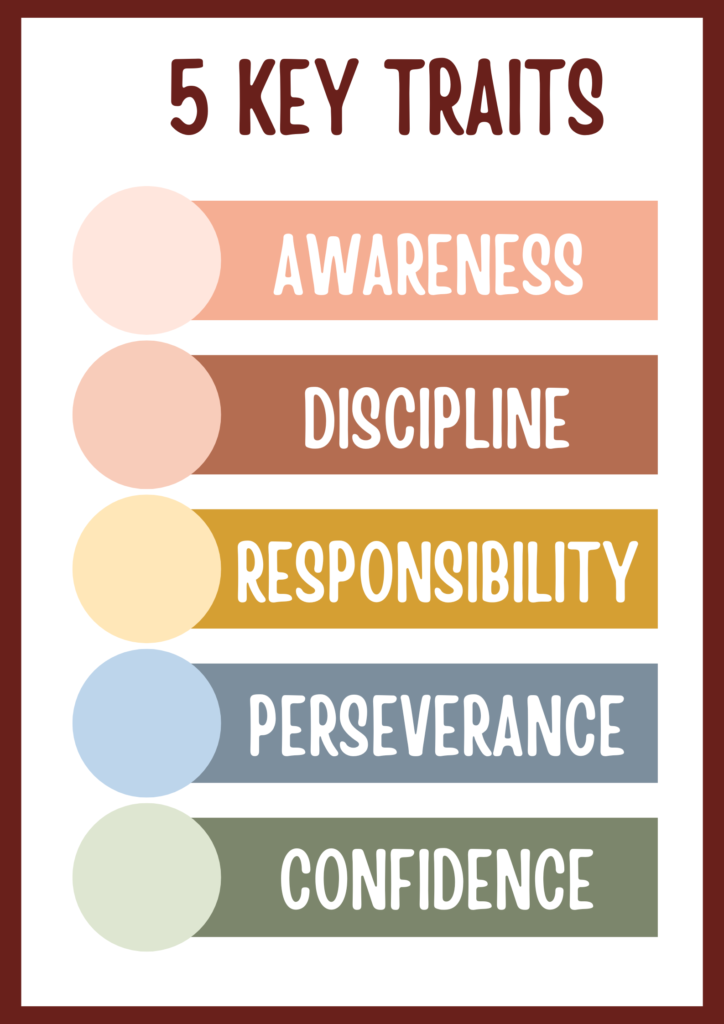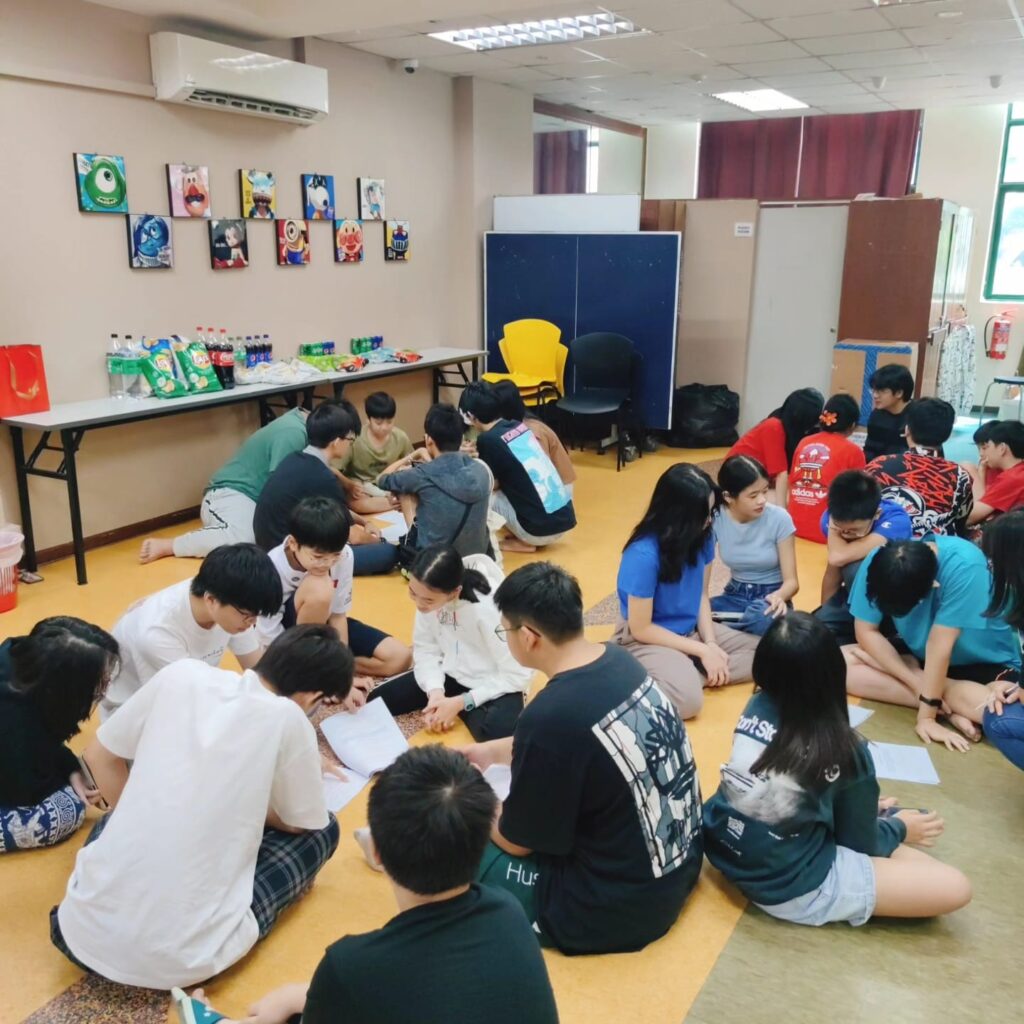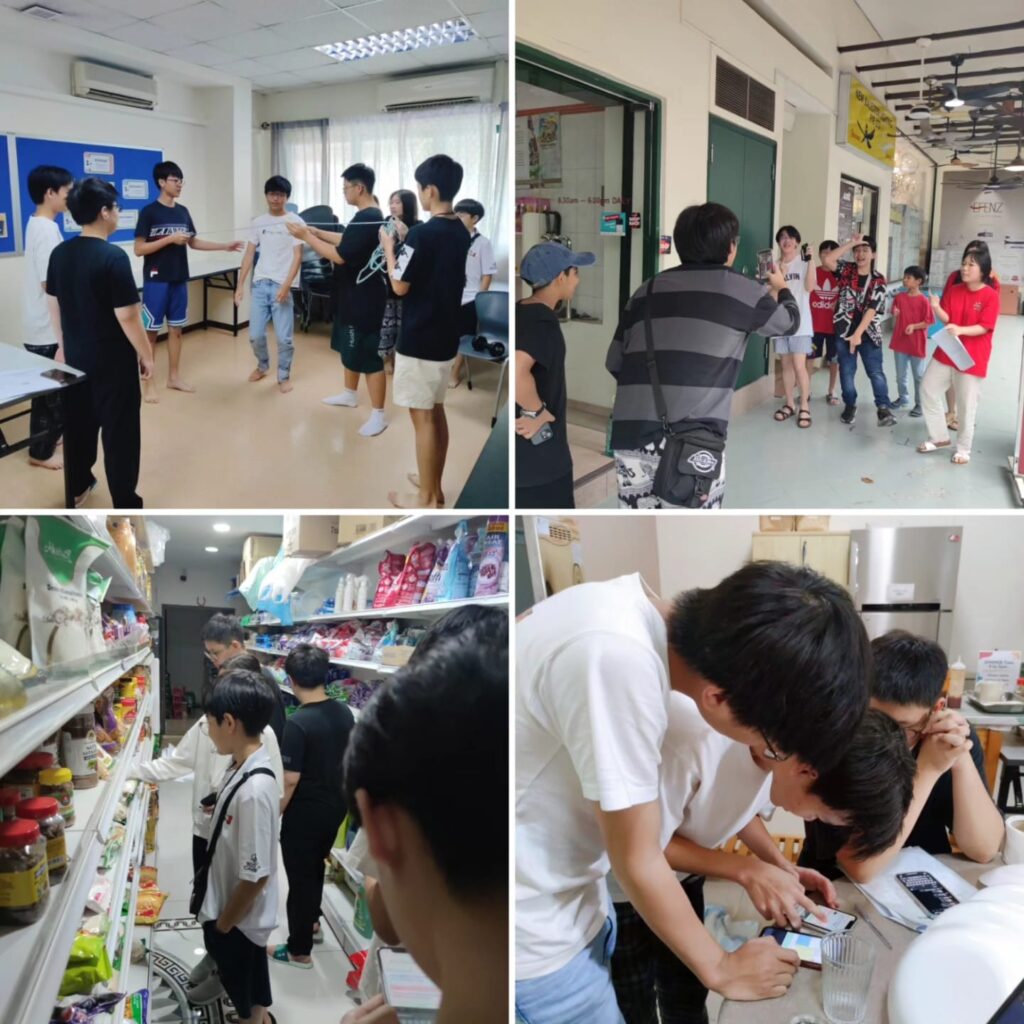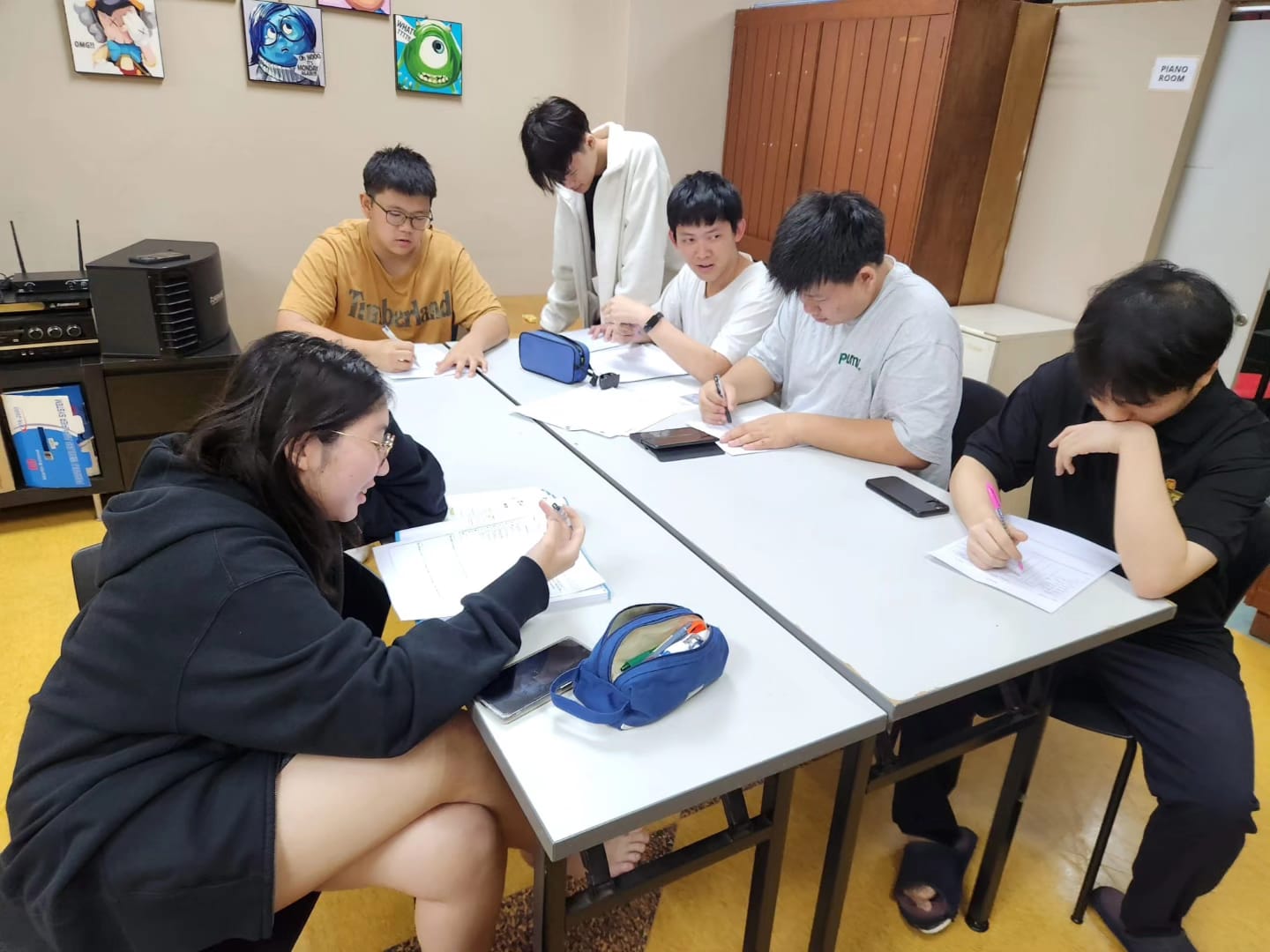Fondly referred to by Milchelians as ERP, the English Reading Program is an integral part of our Academic Services here at MILCHEL. Over the years, ERP has evolved but our core objective remains the same: increase Milchelians’ exposure to English-language texts.
At the heart of ERP lies an approach that goes beyond conventional methods of language instruction. Through carefully curated group sessions, we strive to improve English proficiency. Moreover, we strive to foster a deep appreciation for the written word among Milchelians.
Every Monday through Thursday, Milchelians gather virtually on Zoom. They form groups based on their English-speaking standards. Guided by a dedicated facilitator-teacher, each session unfolds with a sense of anticipation of the texts for the day.
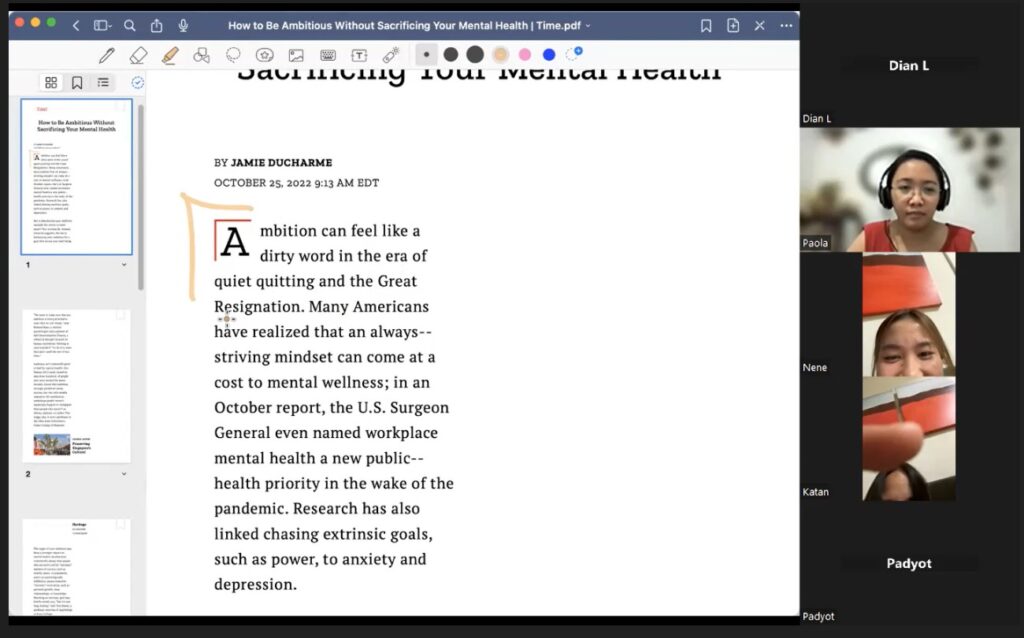
The format that ERP takes on is simple yet effective. Students take turns reading passages from selected texts, while the facilitator provides real-time feedback and guidance. Pronunciation errors are corrected, complex passages are simplified for comprehension, and unfamiliar vocabulary is explained. This way, we ensure that every participant gains a thorough understanding of the material.
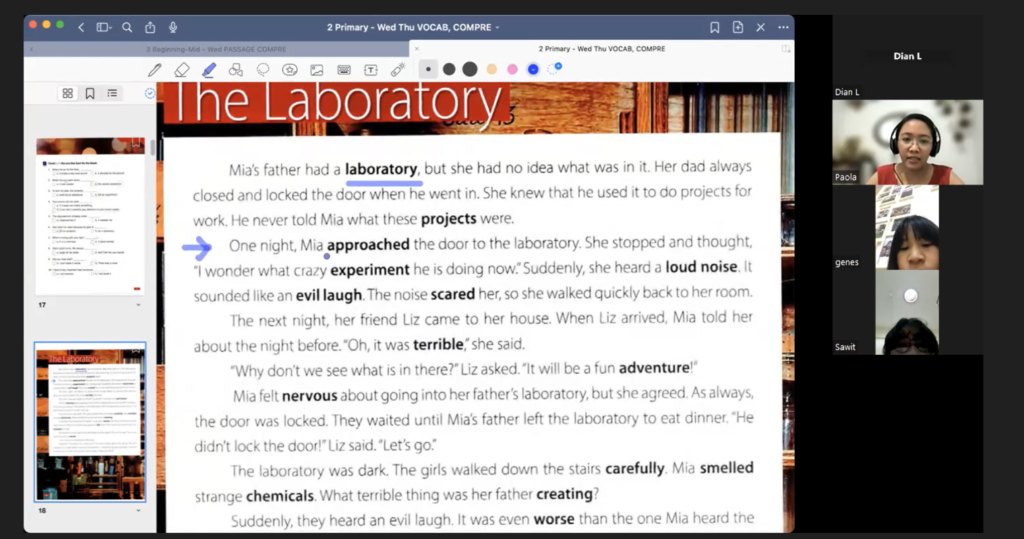
Furthermore, ERP is more than just a reading program. It hopes that through engaging discussions and interactive activities, Milchelians not only enhance their language skills but also develop critical thinking abilities and confidence in expressing themselves in English.
One of the most remarkable outcomes of ERP is the newfound confidence that Milchelians develop. As they conquer linguistic challenges and navigate complex texts, they discover a sense of self-assurance that transcends language barriers.
Moreover, ERP serves as a gateway to a lifelong love of reading. In a world where digital distractions abound, instilling a passion for literature is more important than ever. By immersing students in a wide array of English-language texts, ERP ignites in Milchelians a curiosity for learning.
Finally, perhaps the greatest testament to ERP’s impact lies in the transformation it brings about in Milchelians. We take so much delight when Milchelians, after a holiday break, asks us excitedly, “When will ERP start?” From hesitant readers to avid learners, participants emerge from the program with a newfound appreciation for the power of language and the joy of discovering new worlds through words.
In closing, as we continue to uphold our commitment to excellence in Milchelians’ academics, ERP stands as an example of dedication. By providing a nurturing environment where Milchelians can make mistakes and learn, we allow them to thrive and develop a healthy interaction with the English language. Such will help them reach their full potential in this vast society where the ability to communicate is one’s greatest asset.




